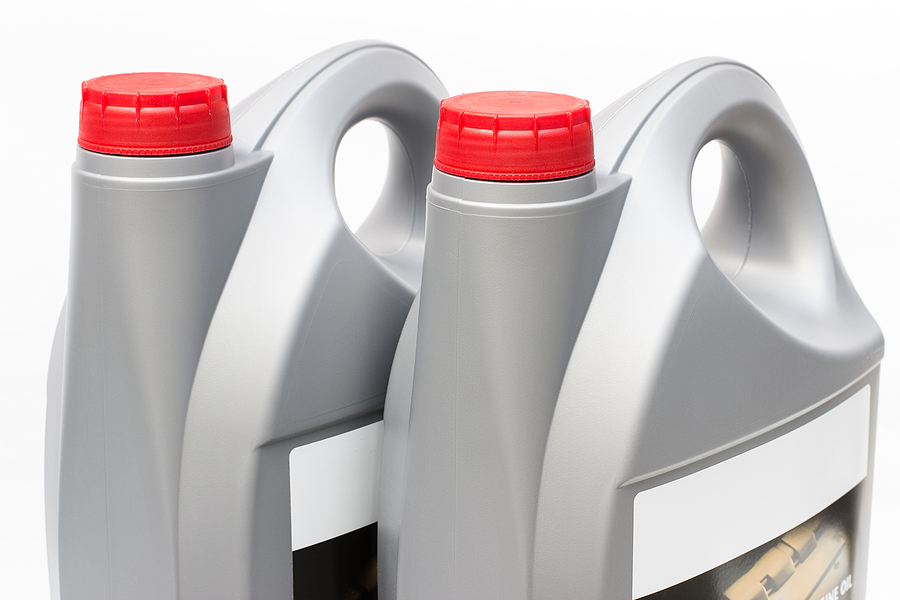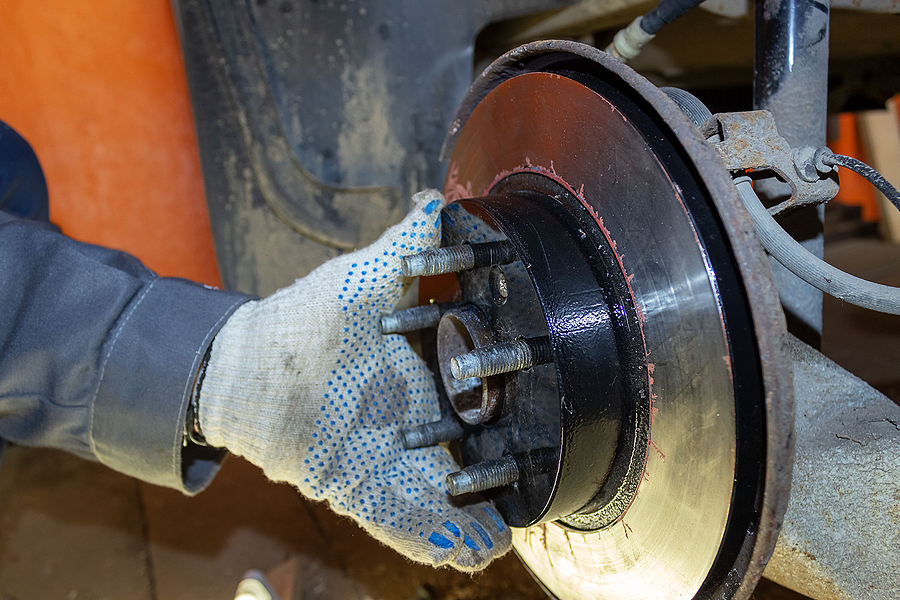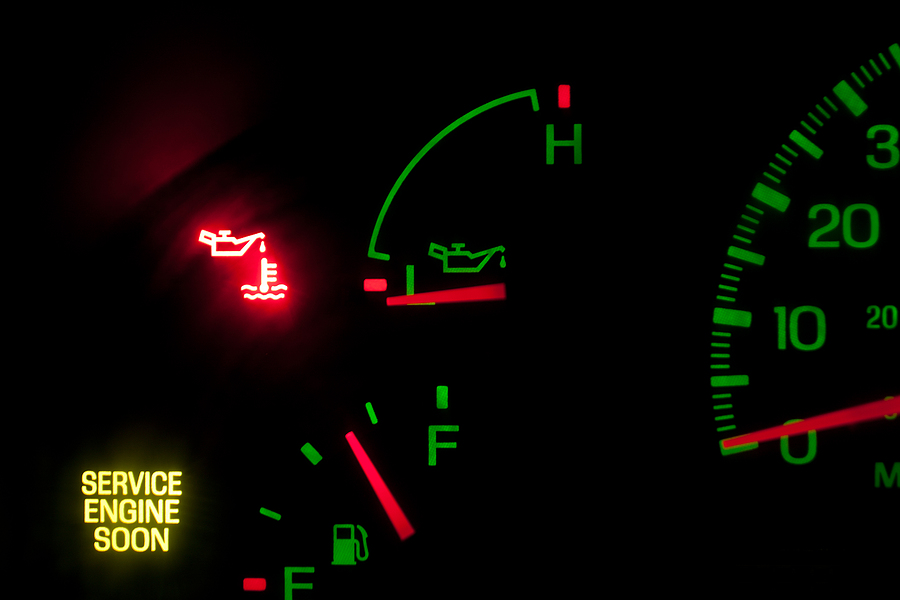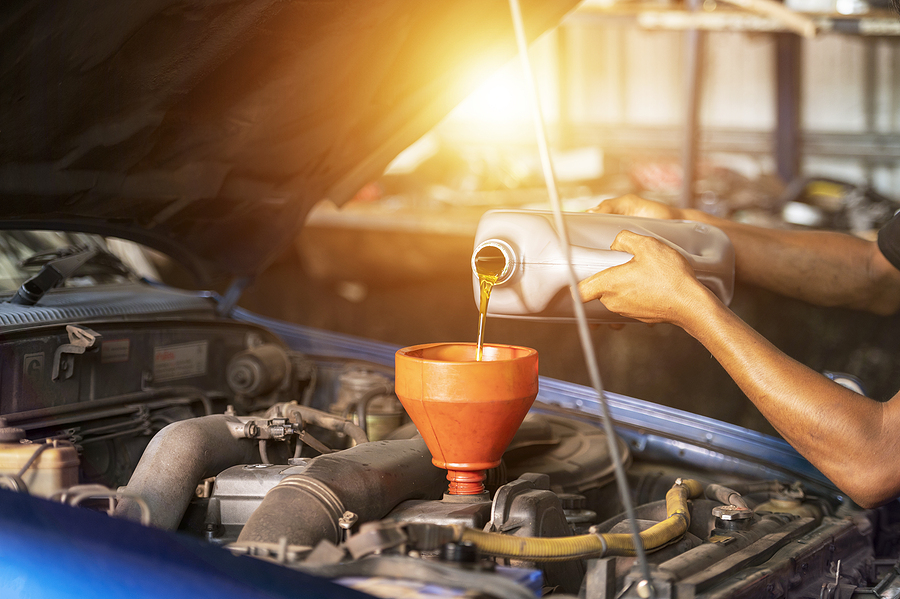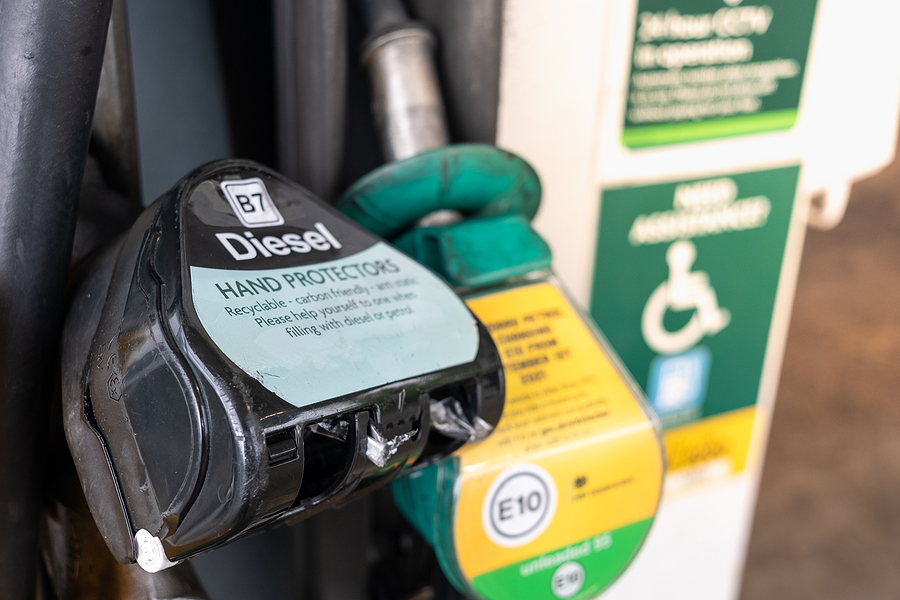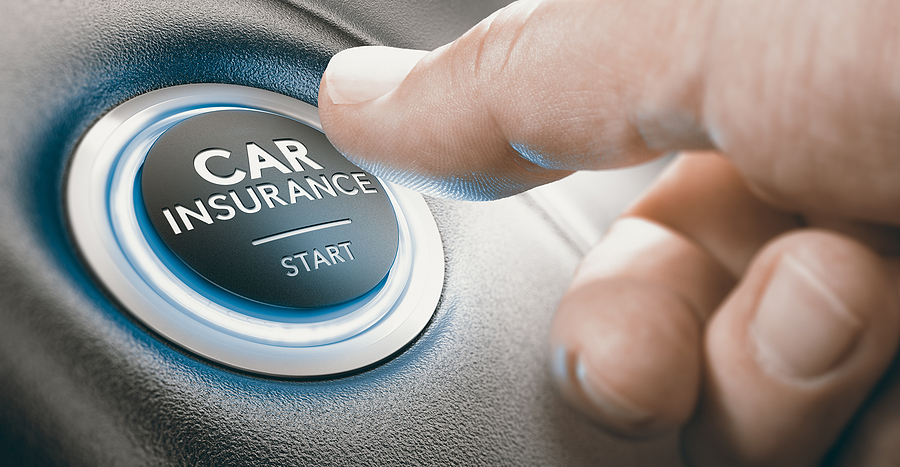Winter can be tough on your car, and if you’re not prepared for the cold weather and icy roads, it could end up costing you a lot of money. But with some basic winter car maintenance tips, you can keep your car running smoothly all season long. From changing your oil to checking tire pressure, here are 10 essential tips that will help keep your vehicle in top shape during the colder months.
By following these simple steps every few weeks or so throughout the winter season, you can ensure that your car is ready to take on whatever Mother Nature throws at it!

Top 10 Tips for Winter Car Care
1. Change Your Oil: It’s important to maintain consistent oil changes throughout the year, but especially during winter. The cold temperatures can cause your engine oil to thicken, which can make it harder for it to flow and do its job of keeping your car running smoothly. Make sure you keep up with regular oil changes and check your oil levels often.
2. Check Tire Pressure: Cold temperatures can cause air pressure to decrease in your tires, making them more susceptible to wear and tear. Make sure you check your tire pressure regularly and fill it up if necessary so you don’t end up with flat tires or worse – a blowout!
3. Replace Wiper Blades: The snow, ice and salt on the roads in winter can lead to a buildup of grime and dirt on your car’s windshield. This can make it harder for you to see when driving, so be sure to replace your wiper blades with ones designed specifically for winter weather.
4. Keep Your Battery Charged: Cold temperatures can also cause car batteries to lose charge, so be sure to check it often and keep your battery charged.
5. Add Antifreeze: Make sure you add antifreeze to your car’s radiator regularly to help keep the engine from freezing during colder weather.
6. Check Brakes: Winter roads can be slick and icy, so it’s essential that you check your car’s brakes regularly to make sure they are in good working order.
7. Check Tire Tread: Replacing worn-out tires is important all year round, but particularly during winter when the roads may be slicker than usual. Make sure to check your tire tread every few weeks or so and replace them as needed.
8. Clean Undercarriage: Snow, ice, salt and dirt can build up on the undercarriage of your car during winter. This can cause rust and corrosion over time, so it’s important to clean underneath your car regularly to prevent damage.
9. Check Lights and Signals: Driving in winter can be especially difficult if you’re not able to see the road clearly or signal when necessary. Make sure your headlights, brake lights and turn signals are all working properly before hitting the roads this season.
10. Test Your Heater: A functioning heater is essential during winter, so make sure to check it before the weather turns too cold. It’s also a good idea to bring a car blanket in case your car’s heater isn’t working properly.
Trust Your Local Indianapolis Mechanic For Car Maintenance This Winter
By following these essential tips for winter car maintenance, you can help protect yourself and your car this season. And if you encounter any car problems, make sure to contact a qualified Indianapolis auto mechanic right away. Taking these extra steps now will keep your car running smoothly and prevent costly repairs down the line.
Are you ready to book your winter automotive service with a dependable Indianapolis mechanic? Contact Northeast Auto Service at 317-475-1846 for ASE licensed and trained factory scheduled maintenance and car inspections in Indianapolis, Indiana. We work on all make and model vehicles!
Related Posts:
Winter Preventative Maintenance Tips for Cars and Trucks
How to Ensure Good Driving Visibility in the Winter
4 Automotive Hacks That Will Improve Driving Safety


